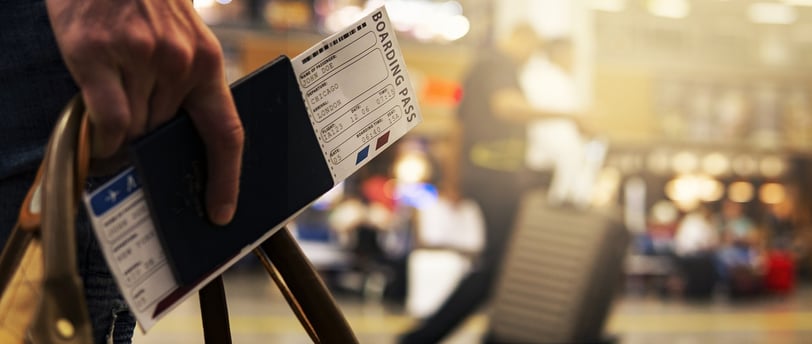Do You Need a Passport for Italy? Travel Tips
Preparing travel documents to Italy is crucial for a smooth vacation. Learn about the necessary passport for Italy and other key travel documents to avoid delays and ensure a hassle-free trip.
1/29/20252 min read


Introduction: Planning Your Italian Adventure
Italy, with its stunning landscapes, rich history, and delectable cuisine, is a dream destination for many travelers. However, before you pack your bags and board that flight, it's crucial to understand the documentation needed to travel to Italy. One common question that arises is, Do I need a visa to visit Italy? Let’s explore the ins and outs of traveling to this beautiful country!
Do You Need a Visa to Visit Italy?
The answer largely depends on your nationality and the duration of your stay. If you are a citizen of the European Union (EU) or the Schengen Area, you do not need a visa to travel to Italy. You can enjoy up to 90 days of tourist or business visits without any hassle.
For travelers from outside the EU, including those from the United States, Canada, Australia, and several other countries, a short-stay visa is usually not required for visits of up to 90 days, as Italy participates in the Schengen Agreement. However, check with the Italian consulate in your country to ensure you have the latest information.
Requirements for Entry into Italy
Even if a visa is not required, you will still need certain documentation to travel to Italy, so here’s what you need:
- Passport: Your passport must be valid for at least three months beyond your intended departure date from Italy.
- Return Ticket: Proof of onward travel or a return ticket is essential, showing where you’ll go next after your Italian excursion.
- Accommodation Details: It’s a good idea to have documentation showing where you’ll stay. Whether it's a hotel reservation or an invitation from a host, this can be crucial at point of entry.
- Travel Insurance: While not always mandatory, having travel insurance can save you a lot of trouble during your trip, covering potential medical emergencies or trip cancellations.
Health and Safety Concerns
Besides the basic travel documentation, it’s also wise to research any health advisories or vaccination recommendations before traveling to Italy. As of now, certain vaccines and health protocols may be in place. Keeping updated with the latest information can make your journey smoother.
In summary, while some travelers may not need a visa to visit Italy, having the proper documentation is crucial for a seamless experience. So, before you jet set to the land of gelato and grand architecture, make sure to gather all necessary info and documentation needed to travel to Italy. Safe travels!
